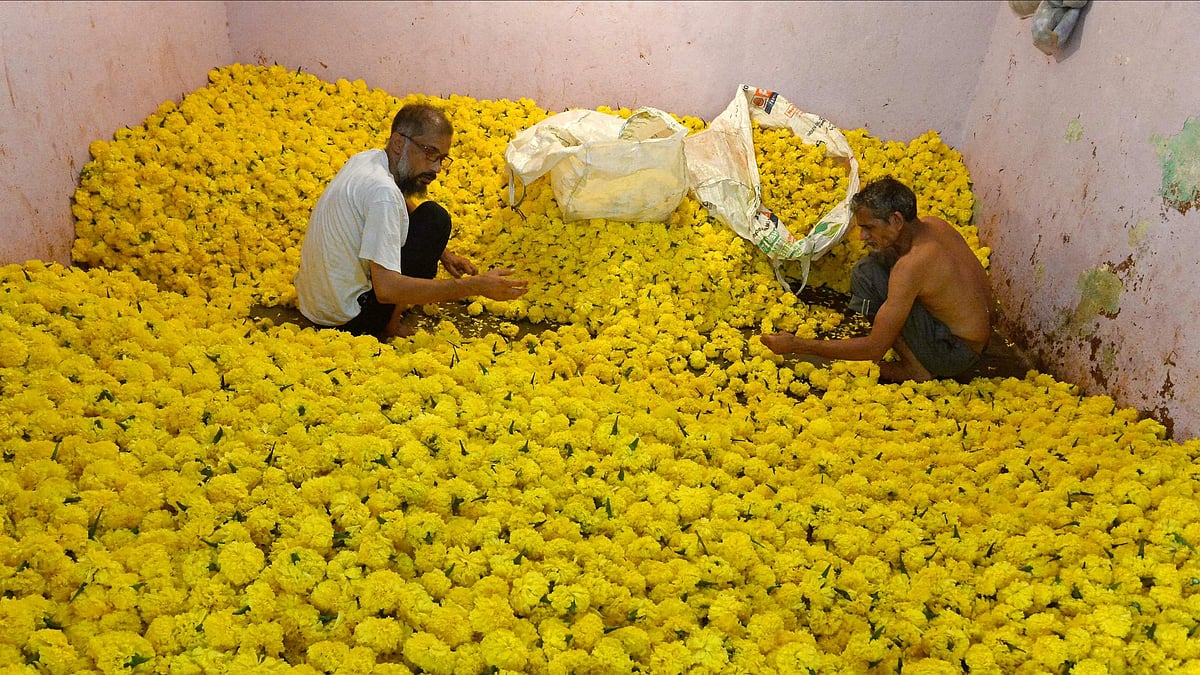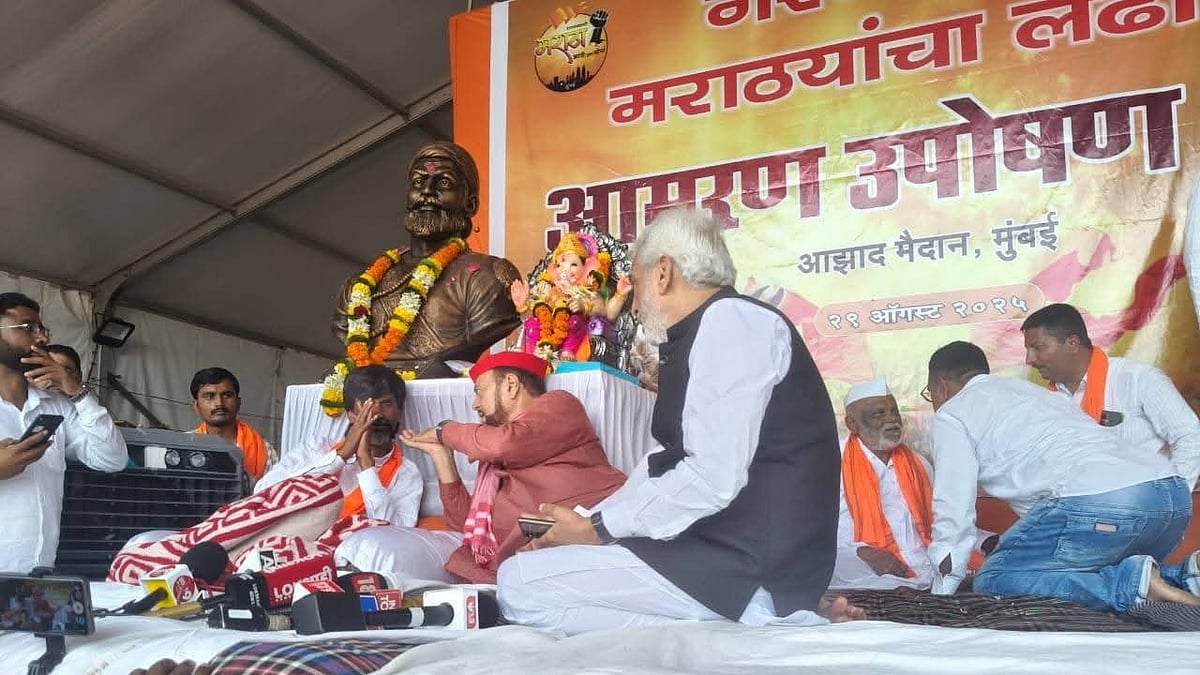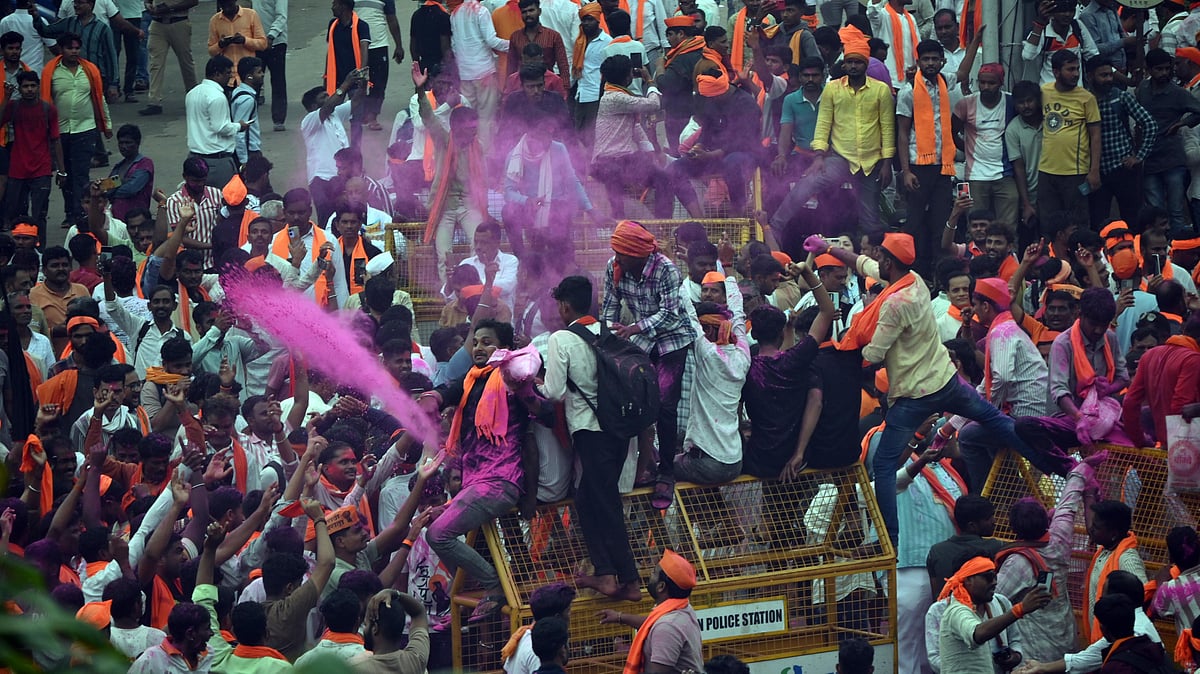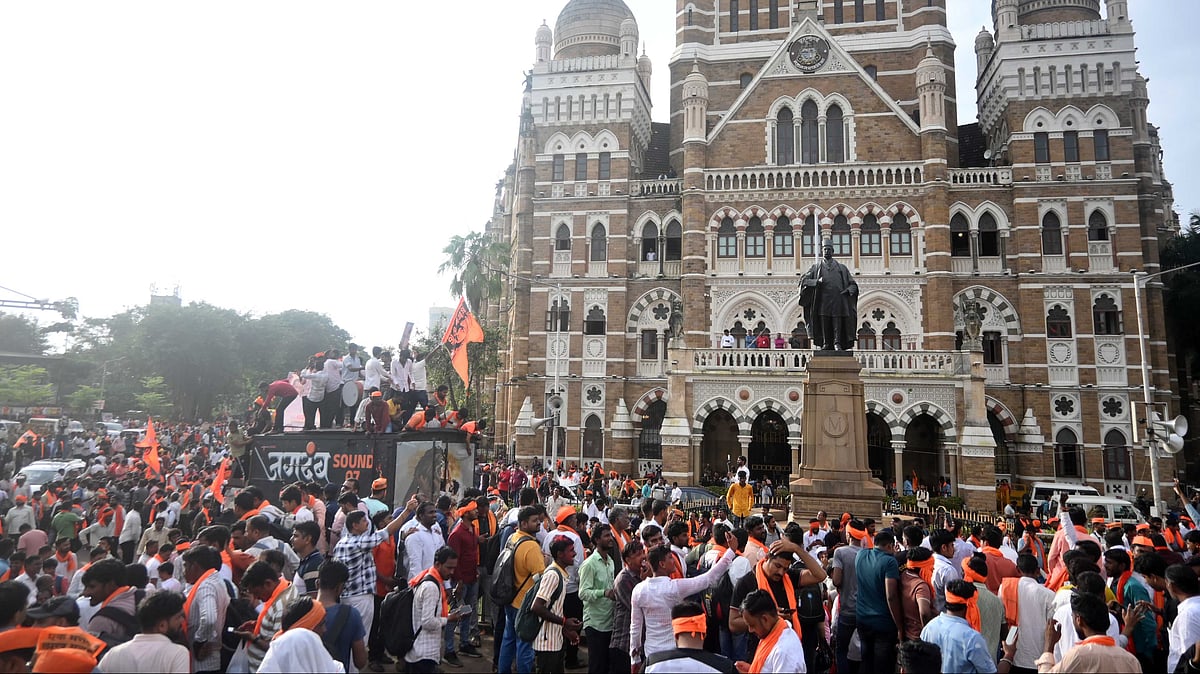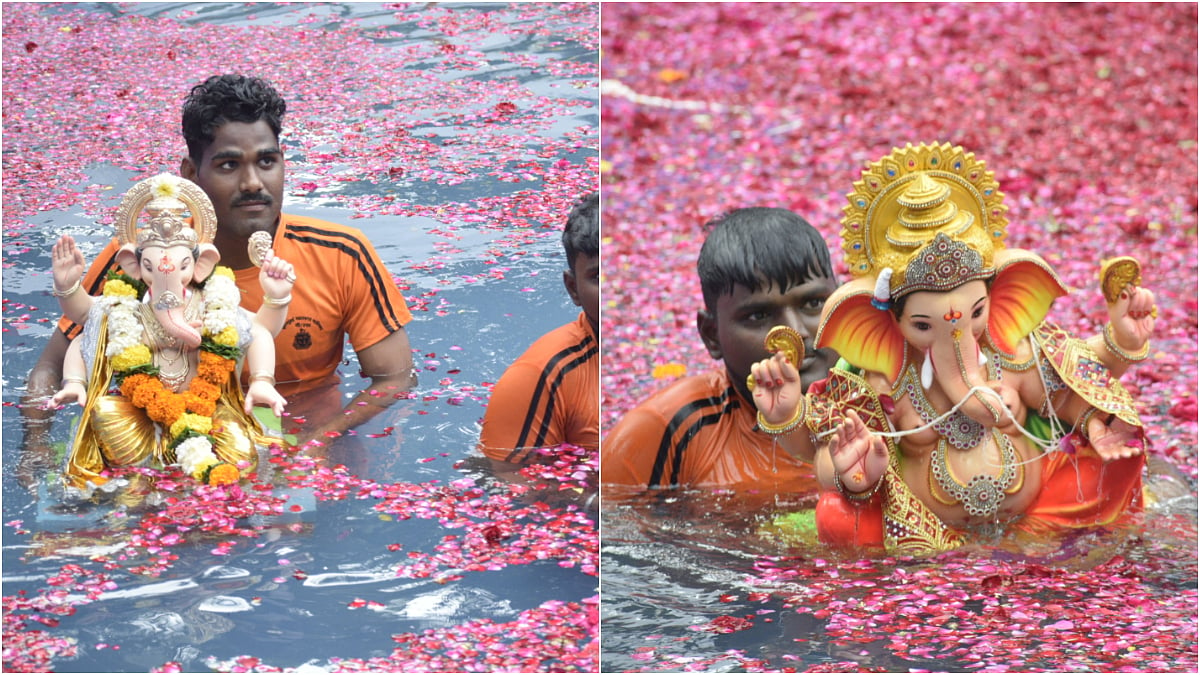Mumbai: Mumbai has been witnessing a worrying surge in vector-borne diseases over the past fortnight, with an average of 55 malaria and 47 dengue cases reported every day. The rise comes as the city faces increasing cases of malaria, dengue, chikungunya, and leptospirosis since mid-August.
Rise Across Multiple Infections
According to data from the Brihanmumbai Municipal Corporation (BMC) Health Department, malaria cases rose by 18 percent, dengue by 48 percent, chikungunya by 47 percent in the past 15 days, and leptospirosis cases by 49 percent. Between January and August 2025, Mumbai reported 5,706 malaria cases, 2,319 dengue cases, and 485 chikungunya cases.
Higher Disease Burden Than 2024
Though leptospirosis cases stood at 471 this year compared to 553 in the same period last year, officials said the overall burden of vector-borne illnesses is higher than 2024 due to the early onset of the monsoon. Notably, no rise in gastroenteritis cases has been observed this year.
No Rise in Gastroenteritis Cases
To tackle the spread, the civic body has intensified its vector-control activities and community awareness campaigns. Special sessions on mosquito breeding prevention were conducted by Medical Officers of Health and Pest Control Officers across all wards, covering 3,284 housing societies and 264 schools, while 545 buildings were brought under the “Zero Mosquito Breeding Campaign.”
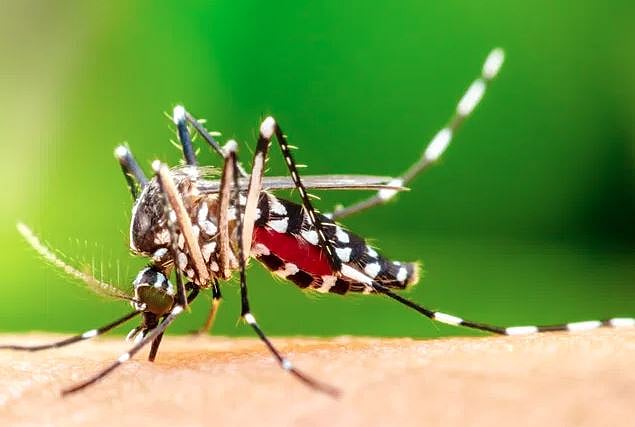
Extensive Fever Surveillance Drive
As part of the fever surveillance drive, over 10.6 lakh houses were surveyed covering more than 50 lakh people, and 1.84 lakh blood slides were collected for contact tracing. The BMC also conducted 67 health camps and 5,124 workplace interventions, while 1.58 lakh individuals were provided prophylaxis against leptospirosis. In vector control measures, more than 57,000 breeding sources were inspected, with nearly 4,000 sites showing Anopheles mosquito breeding and over 21,000 sites detecting Aedes breeding. More than 65,000 odd articles and tyres were removed to prevent mosquito breeding. Fogging operations were also intensified, covering 42,770 building premises and more than 6.39 lakh huts across the city.
Fogging and Public Advisory
With intermittent rainfall creating favourable conditions for mosquito breeding, the BMC has urged citizens to ensure that no stagnant water is left in or around their homes, terraces, or building premises. Officials reminded that mosquitoes breed in stagnant water, where female mosquitoes lay eggs, and stressed the need for prompt drainage to prevent the spread of diseases.

